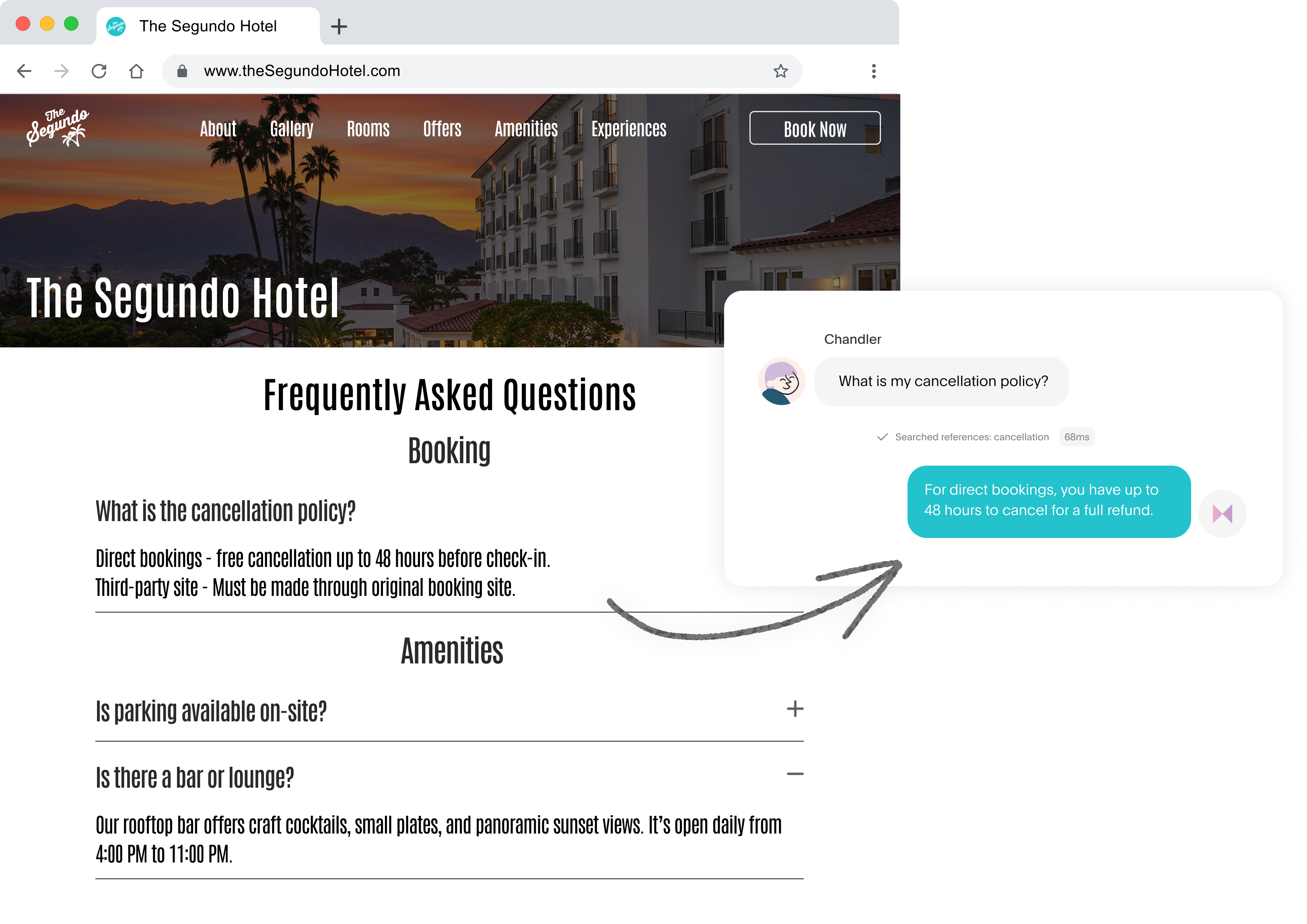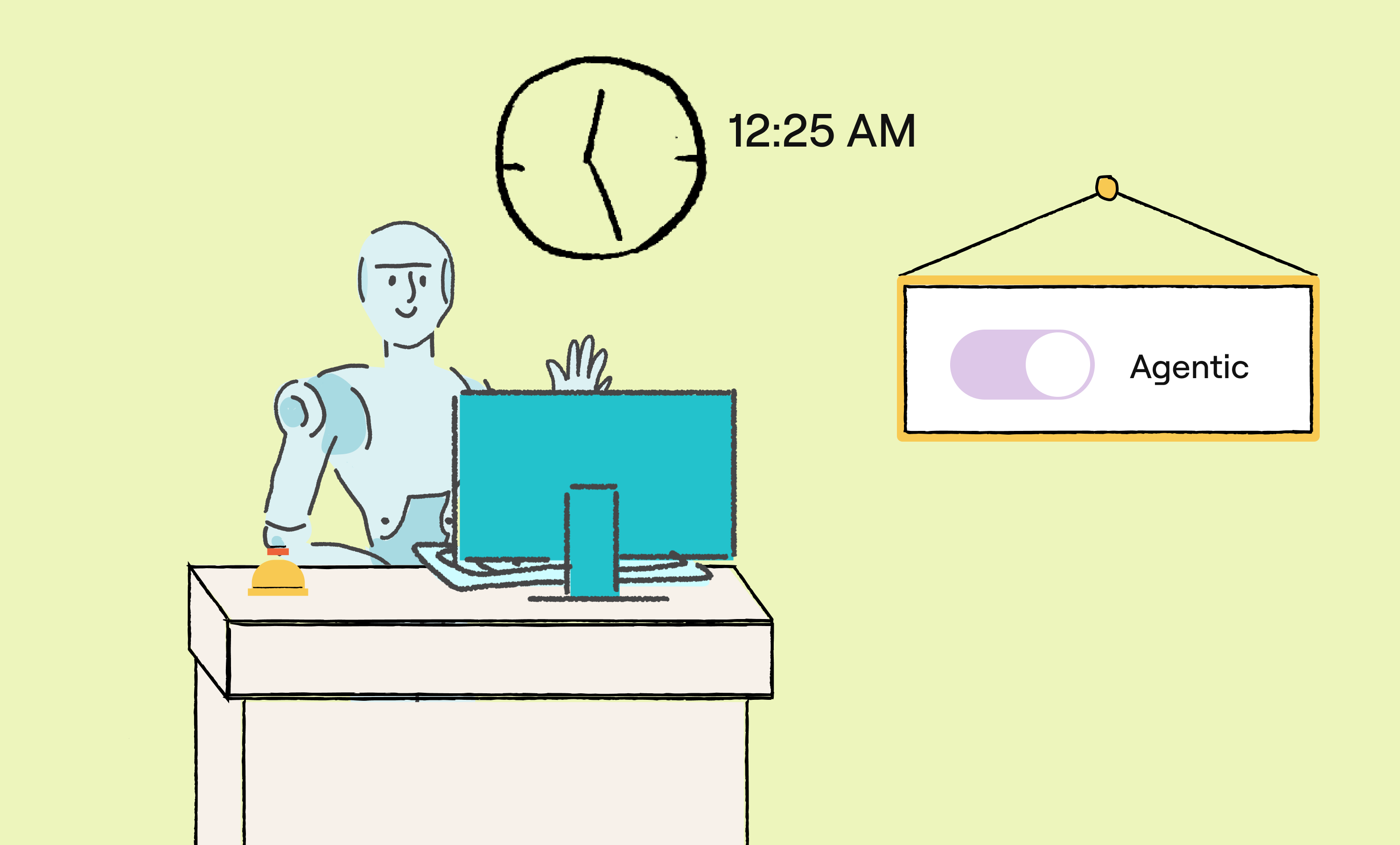Why Guests Remember the Room—and Write About It
In boutique hospitality, the hotel room is the most influential space for shaping guest impressions, driving reviews, and reinforcing brand identity through thoughtful design and operational detail.
The Hotel Room Is Your Brand
Why Boutique Hotels Win When Operations Think Like Designers
When a guest steps into their room, they’re not just entering a space—they’re experiencing your brand. Every choice—from lighting and scent to layout and ritual—conveys intention, care, and identity. In a boutique or lifestyle hotel, where charm and personality matter, the room becomes your most refined marketing asset.
This isn’t a tactics list. It’s a mindset shift: operations as curatorial practice, the room as a brand moment, and guest expectation as your executive board.
Redefining the Room as the Core Expression of Service
Boutique hotels excel by creating intimacy and meaning through design-forward spaces. While the lobby or bar might catch a guest’s eye, it is the room that stays with them—through memory, review, and intent to return.
Why this matters:
- Cleanliness and condition are key drivers of satisfaction. According to the 2025 J.D. Power North America Hotel Guest Satisfaction Index, guest room condition, cleanliness, and amenities like working smart TVs are the top influences on perceived value.
- Luxury and upper upscale hotels consistently lead in satisfaction scores, outperforming limited service segments even as rates have climbed.
Every hotel room element—from spotless bathroom tile to intuitive lighting controls—is operationally controlled but emotionally interpreted. When anything fails, the cumulative experience feels misaligned.
Emotional Design: From Utility to Identity
Design isn’t decoration. It’s messaging. A thoughtful layout, accessible outlets, curated minibar items, and signature scents signal that details matter. When everything works, guests see that as respect—not just service.
Guests interpret sensory layering—local art, playlist curation, ambient scent—as place-making. That layered presentation becomes memory. Teams that think like designers anticipate needs and evoke character—making a room feel local, not generic.
The Room and the Brand Are Not Separate
A beautiful headboard or locally made ceramic mug does more than decorate—it says: “Someone cared.” That message resonates deeper than any scripted greeting at check-in.
Inside the room you can shape over 80% of the guest experience. Unlike check-in or concierge interactions, you control what guests see, smell, hear, and touch once the door closes—making the room a scalable and reliable extension of your brand.
The guest room is also the single most-reviewed space in any hotel. It’s where expectations meet reality—and where guests decide whether they’ll leave a five-star review, a quiet complaint, or nothing at all. Most guests won’t write about your lobby, but they will absolutely mention dusty vents, noisy A/C units, or the surprising delight of a curated minibar.
Strategic Alignment: Room Experience Drives Revenue
Satisfaction fuels loyalty and pricing power. A Cornell analysis found each one-point rise in reputation score (on OTA review platforms) leads to more than 11% room rate increase without affecting occupancy. Another regression found a 1% uptick in reputation translates to up to a 1.42% increase in RevPAR.
Simply put: quiet consistency—not marble lobbies—moves the needle. Spotless rooms, natural materials, working fixtures, and guest-forward tech create value perception. Behind the scenes, operations teams unite around clarity and reliability—not just speed.
Operations as Brand Curators
When operations think like designers, guest experience becomes intentional and elegant:
- Room readiness as choreography: every step signals thoughtful preparation.
- Housekeeping as brand assurance: it’s not just dusting—it’s delivering trust.
- Maintenance as storytelling: working fixtures speak louder than “sorry for the inconvenience.”
This shift involves a mindset change:
- From reactive fixes to proactive consistency
- From functional checklist to sensory outcome
- From "clean" to "feels clean"
- From "tech-enabled" to "guest-enhancing"
Boutique hotels already value detail. Now, align those details across departments. A room isn’t truly clean until it smells clean. It isn’t tech-forward until it’s intuitive. It isn’t local until it surprises.
Guest Reviews Mirror Operational Choices
Reviews don’t just assess—they describe. That means operational decisions show up verbatim in public comments:
- “Impeccably clean, not a speck of dust anywhere.”
- “The lighting was awful—I couldn’t even read in bed.”
- “Such a cozy vibe. Loved the local coffee and artwork in the room.”
These lines aren’t accidents. They’re emotional reactions to sensory design. When operations prioritize intention and consistency, positive reviews become more specific, authentic, and powerful.
Use Reviews as a Mirror, Not a Metric
The most valuable feedback isn’t your average star rating—it’s the words guests use to describe your rooms. If people consistently praise your scent, layout, or light switches, you’re telling a cohesive story. If they mention moldy smells, burnt-out bulbs, or “dated” furnishings, it’s time to revisit your in-room brand.
Operational leaders should review guest feedback weekly—not just to correct issues, but to understand which details create emotional resonance.
Brand Magic = Guest Memory
Guests won’t remember your software, workflow or hotel meetings—but they will remember how it felt to close the door behind them. That emotion—calm, welcomed, inspired, cared for—is brand, not marketing.
Boutique hotels succeed when the room delivers brand clarity at every sensory layer. That is your most powerful product, why guests return, and ultimately what they’re willing to pay more for.
Further Reading
- Cornell: Impact of online reputation on pricing and RevPAR growth
- J.D. Power: How room condition and cleanliness shape guest satisfaction and perceived value
- Cornell CHR: Reviews emphasize the primacy of service and room quality over amenities
Time is one the greatest asset and one of the things that [Akia] has helped us out as a property tremendously.
Emily F.
Executive Assistant
Time is one the greatest asset and one of the things that [Akia] has helped us out as a property tremendously.
Ethan Fishbane
Director of The Front Office, Prince Waikiki
Schedule of events and useful links
Never miss a beat with our comprehensive schedule of events and collection of useful links.

Schedule of events and useful links
Never miss a beat with our comprehensive schedule of events and collection of useful links.

See Akia in action!
Schedule a demo today and learn how our hospitality platform can transform your operations and elevate your guest experience.













